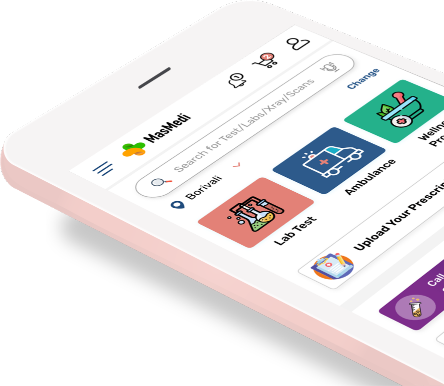Sample Type
Gender
Age Group
Pleural Fluid
Male/Female
All Age Group
To identify the source of a pleural effusion, pleural fluid must be tested. The pleural space, which is the region between the lungs and the tissue that surrounds the lungs, can become engorged with fluid, leading to a pleural effusion. A modest amount of fluid in the pleural space is normal, but a pleural effusion is characterised by an excessive buildup of fluid that can impair breathing and result in other symptoms. In order to determine the cause of a pleural effusion, pleural fluid testing is crucial. Pleural fluid testing can assist direct treatment by identifying the underlying cause of the pleural effusion, which can be brought on by a variety of medical disorders.
best labs
Option Near Youlab comparison
As per your budgetAffordable
Price GuaranteedUNBIASED ADVICE
On LabsSUNDAY LAB
Labs available on SundaysTracking health status made easy with the app. Now available on both Google Play Store and App Store. Book health tests and access your smart reports and health trackers anytime anywhere.
